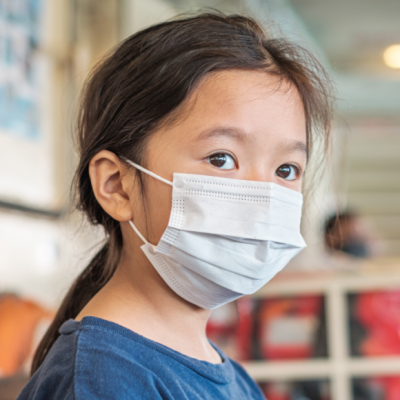A new study from the Max Planck Institute for Dynamics and Self-Organization has found that FFP2 and KN95 masks can reduce the risk of infection with SARS-CoV-2 to about one in a thousand (0.1%). Without a mask, the risk of infection in the study scenario was 90%. The study also found that the correct way of wearing the mask is crucial to its effectiveness, and that the shape of the nose clip can make a significant difference. The researchers recommend forming the nose clip into a “rounded W” shape to ensure a good fit.
The study focused on the physics of breathing and particle sizes to calculate the risk of infection with SARS-CoV-2. The researchers wanted to calculate the risk as conservatively as possible, so the actual risk in daily life is likely to be much lower. However, the study still highlights the importance of wearing masks, especially in indoor settings where the risk of transmission is higher.
The study’s lead author, Eberhard Bodenschatz, emphasized the importance of wearing masks in schools and other settings. He noted that without a mask, the risk of infection for an unvaccinated person standing near an infected person for a few minutes was 90%. With a properly worn FFP2 or KN95 mask, the risk was reduced to 0.1%. The study’s findings provide further evidence of the effectiveness of masks in reducing the spread of COVID-19.










